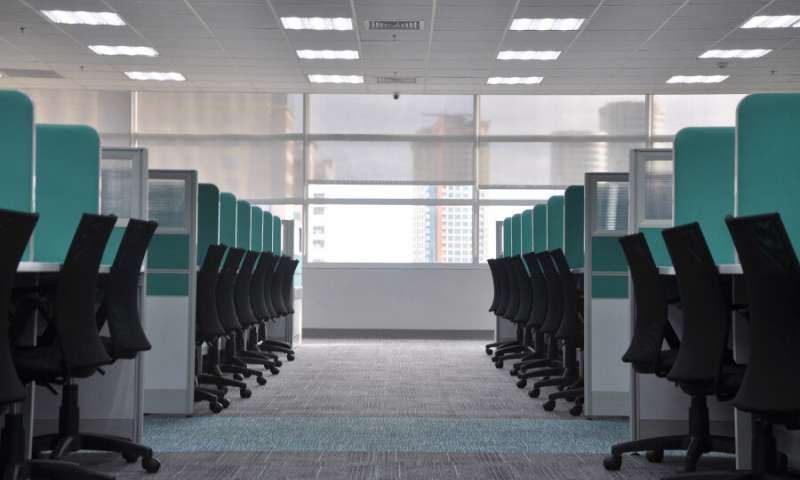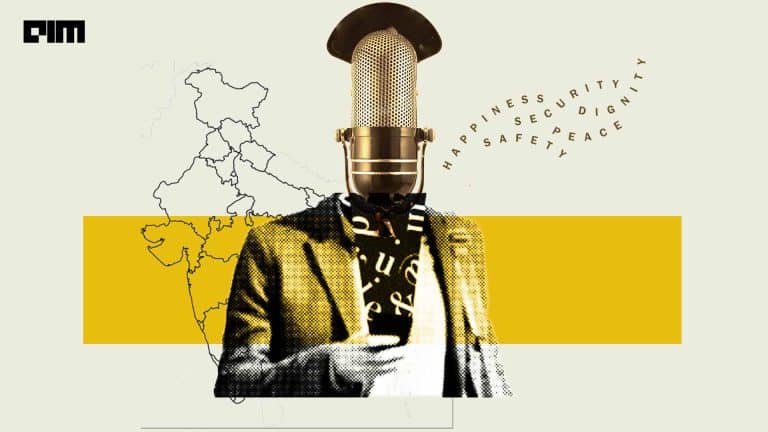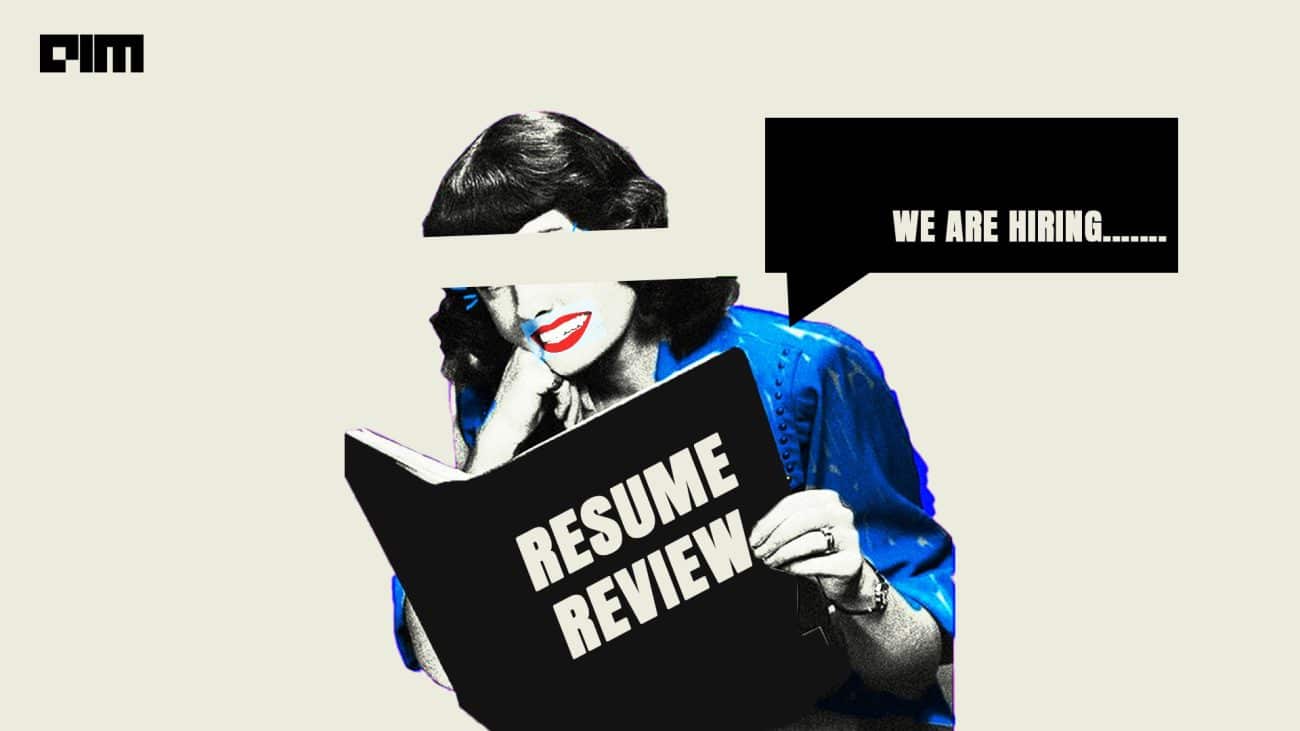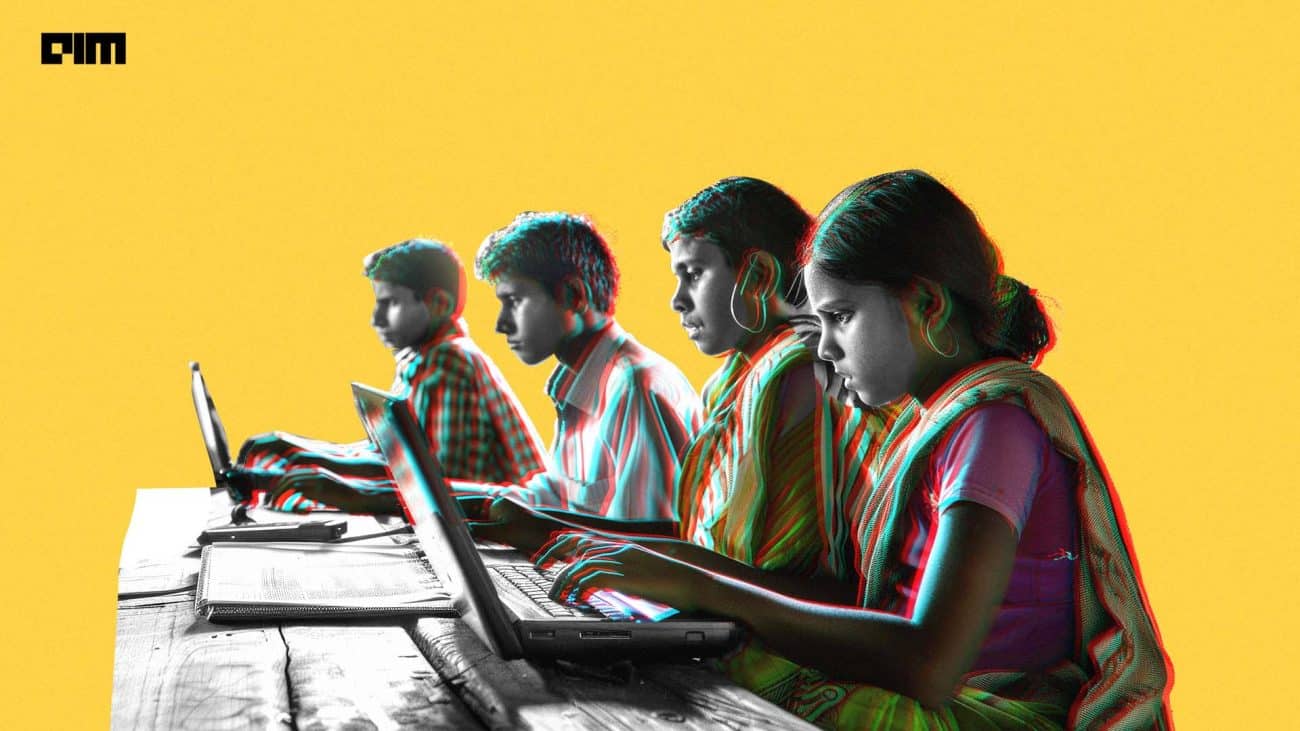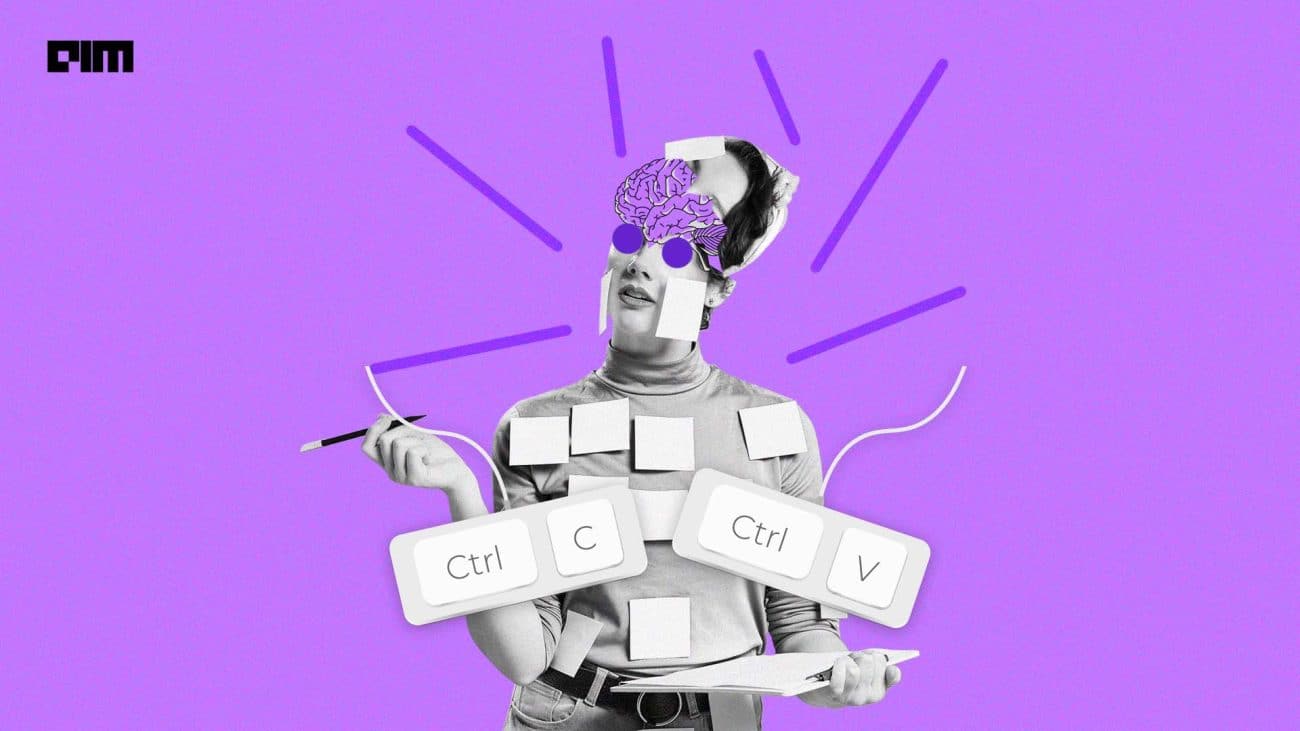Weeks after keeping their shutters down, companies are emerging out of an extended nationwide lockdown to reboot operations in offices in a phased manner. As restrictions begin to ease and pressure to resume work ramps up, some IT companies have already opened workplaces for critical functions.
Given that the risk of contamination still remains high in several locations, a practical — and necessary — approach would be to prepare a detailed standard operating procedure (SOP) to mitigate this risk and protect employees.
Can a calibrated technological intervention help ease some of the core modifications required to reset workplaces in a post-Covid-19 world?
Be it enforcing mandated social distancing, running at limited capacity using roster-based systems, implementing screening and sanitising procedures, as well as establishing a remote work option, companies can greatly benefit from technologies to meet some of these challenges.
Tools To Help Enforce Social Distancing
The Ministry of Home Affairs had recently issued a new set of rules for work from offices as businesses prepare to resume operations post lockdown. One of the directives was to ensure stringent social distancing measures within offices and its premises.
While many of these measures might demand behavioural changes, some tools can be used to ensure that new habits are created and dutifully followed. Landing AI, a startup founded by Andrew Ng, has created an AI-enabled system that can monitor employees to ensure that they keep safe distances from each other. By undertaking video content analysis, it can indicate when employees are violating social distancing protocols. Another startup called Drishti has also been developing AI tools to surveil employees to check the distance maintained between staff in a work setting.
Businesses are likely to introduce various steps to optimise the use of empty spaces in their offices once employees begin to populate workplaces again. While some may rearrange seating to ensure adequate space between cubicles, others may impose staggered meal timings in demarcated areas only to facilitate social distancing.
If common sense prevails, technological interventions to enforce these measures may not be required. But on the off chance that a few stray examples may pose a risk to other employees, these tools can be life-saving.
ALSO READ: How Computer Vision Came In Handy For Social Distancing
Automating Sanitation Processes
Disinfecting offices and its surroundings may become a regular fixture until the crisis passes, and automating these sanitation processes may not only be convenient but also safer. To minimise the chances of contamination while maintaining essential hygienic practices, autonomous cleaning robots can potentially replace staff.
Based out of the Netherlands, Aziobot builds floor cleaning robots for warehouses and commercial facilities, and its fully autonomous solutions can find applications in scaled-down settings as well. Another company UVD Robots — short for UV Disinfection Robots — is extensively being used in hospitals as part of the regular cleaning cycle.
Bots have played a key role in keeping frontline healthcare workers safe amid the Covid-19 pandemic — a case in point being Kerala’s Nightingale-19 Robot. With workplaces ramping up cleaning protocols, deploying robots to periodically sterilise objects used regularly can help.
Thermal Screening Of Employees
Incorporating temperature screening as part of the SOP in workplaces can help flag potential cases before it escalates. Contactless body temperature scanning has reportedly been implemented across warehouses of Amazon and Walmart. These measures have also shored up to certain offices in India, including Maruti Suzuki’s.
US-based Flir’s thermal camera can be used to detect elevated body temperature and is currently being leveraged by Indian Railways. Gurugram’s Staqu has also launched a similar technology to supplement screening efforts by examining heat signatures and alerting authorities when the temperature of a person within a 100-metre radius crosses 37-degree celsius.
However, it is important to note that although thermal cameras cannot directly detect Covid-19 and will be ineffective against asymptomatic employees, it can be used as part of the initial filtering process for additional screening.
ALSO READ: Agrex.AI Develops AI-Enabled Thermal Cameras To Combat The Spread Of Covid-19
AI-Enabled Tools For Roster Management
HR departments across industries are buckling under pressure while managing employees in these uncertain times. While working remotely comes with its share of problems, the most significant challenges will emerge once work resumes in offices.
Scheduling staff to meet mandated workplace capacities will require deft planning and efficient administration. With this, many companies are launching or updating tools to add more features to roster management software that can help manage complex scheduling.
Globus.ai, a company based out of Norway, has built an AI-enabled system that automatically fills shifts in a work setting. Using NLP and ML, it can match the competencies of employees to align them with appropriate shifts based on available slots. What is more, given that this crisis is an evolving one with new updates coming in almost every day, Globus.ai’s system can also factor in policy requirements when making its suggestions.
Better Tools For Online Collaboration
Even as companies faced disruptions in work amid Covid-19 lockdowns, it made employees adept at adjusting to working remotely. Although many companies will open up their workplaces in the weeks to come, given that this is an ongoing crisis, all organisations must be prepared to work from home at short notice.
This means turning to applications like Zoom for meetings, or Slack for internal communication. What is more, with inbound as well as outbound travel severely restricted even now, going virtual with meetings instead of travelling may become the norm, at least for the foreseeable future. This would also mean preparing for virtual events and conferences.
Outlook
The challenges posed by Covid-19 in ensuring business continuity is unprecedented. Associations like CII and Nasscom have released guidelines and advisories as companies get ready to function in a radically different setting. As they prepare to restart operations, their Covid-19 strategies need to be flexible and nimble as they adapt to this uncertain and evolving situation.


